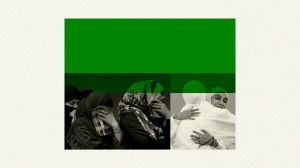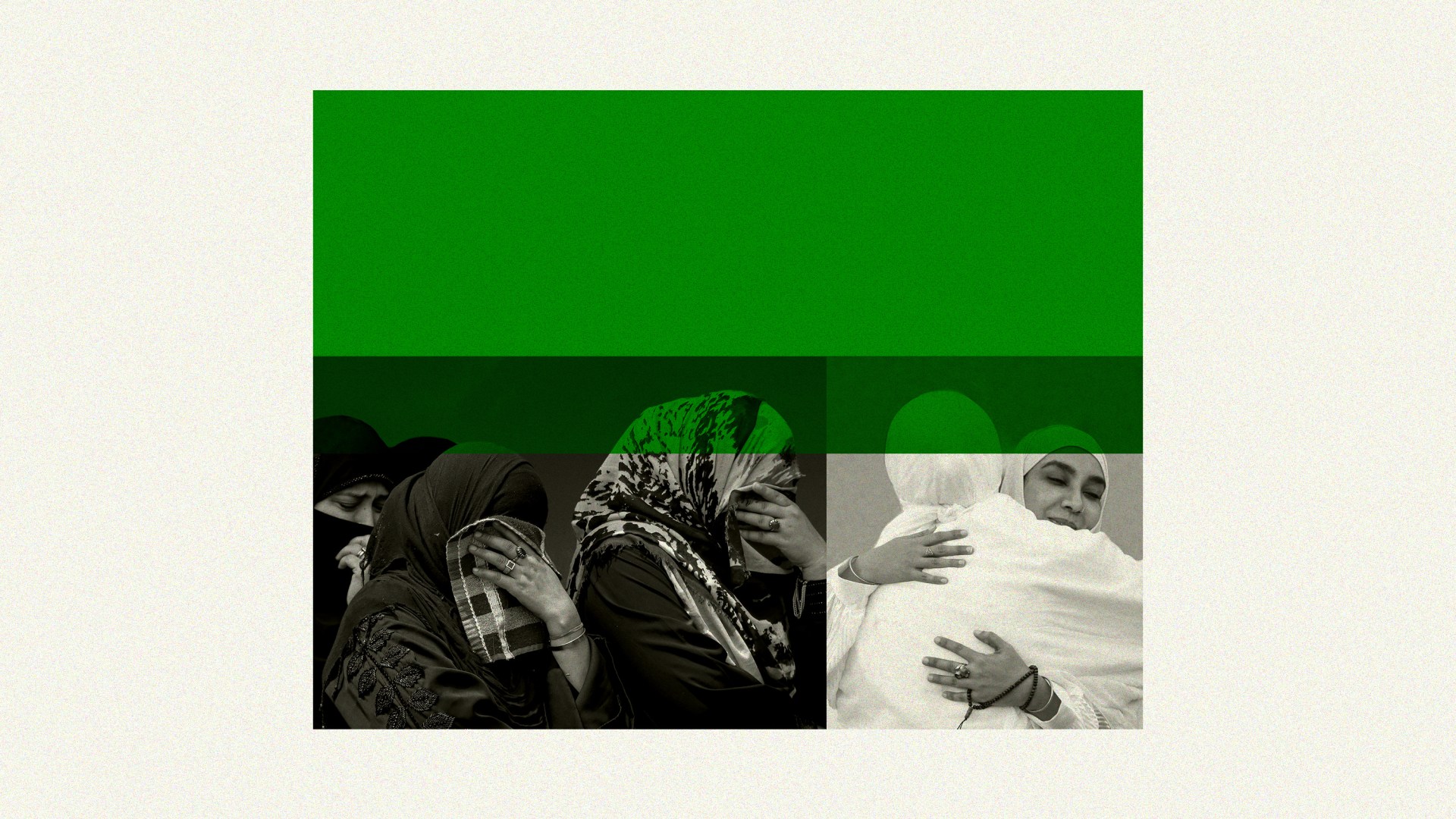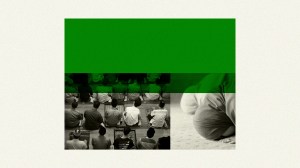In this series

To understand Islam, we need to understand its major divisions, Sunni and Shiite. One way to start is to grasp the dueling significances of a major Islamic holiday, Ashura, coming up next Saturday evening and Sunday, July 5 and 6. (Muslim holidays, like Jewish ones, go from sundown to sundown.)
Ashura is unusual because for some of the 85–90 percent of Muslims worldwide who are Sunni, it’s a modest day of celebration, but for the 10–13 percent who are Shiite, it’s a volcano of mourning.
With the US Independence Day coming up on Friday, I’ll offer an imaginary parallel. An estimated 300,000 free residents of what became the United States were British loyalists during the Revolutionary War, 15 percent of the total white population of approximately 2 million. (The 450,000 slaves were not asked their opinion, but at least 20,000 escaped to British forces during the war.)
Some loyalists left when the war ended in 1783, but most stayed and eventually pledged allegiance to the new government. But let’s say they had not and remained a disaffected minority. For them and their posterity, the Fourth of July century after century would be a day of misery, not contentment. And that, magnified by religious fervor, is the backstory of Ashura.
For some Sunnis, Ashura commemorates the day Noah’s family left the ark, Joseph gained release from prison, God parted the Red Sea at the behest of Moses, and other great events. For Shiite Muslims, Ashura is a day to mourn the death of Muhammad’s grandson Hussein ibn Ali and most of his male relatives at the battle of Karbala, in modern-day Iraq, in AD 680.
Imam Johari Abdul-Malik, former Muslim chaplain at Howard University, said the dueling interpretations of one day make for an odd fit. “One Muslim community is saying, ‘Happy New Year!’ while the other is saying, ‘It’s so sad that our beloved Hussein was murdered.’ All Muslims are observing something on Ashura, but the spirit of it is quite different.”
The Sunni-Shiite split is most evident in the cold war between Saudi Arabia (Sunni) and Iran (Shiite). Since 2014 it is a hot war by proxy in Yemen. In the United States, most Muslims are Sunnis and are comfortable living as a minority as long as they can abide generally by the Quran and the Hadith, with interpretations and applications provided by a consensus of Muslims. When I taught a Journalism and Religion course at the University of Texas at Austin soon after 9/11, two Sunni Muslim students in my class impressed me with their thoughtful analyses of tensions.
On 9/11, one Sunni extremist, Osama bin Laden, became infamous, but he and other al-Qaeda members were outliers. Most Sunnis say that so long as a government does not prevent Muslims from carrying out their ritual duties, it should not be described as anti-Islamic, and no attempt should be made to overthrow it. Abu Hanifa, a major Sunni thinker more than a millennium ago, said, “Those who face in the direction of Mecca at prayer are true believers and no act of theirs can remove them from the faith.”
Other Muslims, though, hope for sharia, the complete rule of Islamic law. Some of the ardent yearn for a Muslim government similar to the original caliphate, which they say was a just system in which leaders gained authority by consensus. Others opt for autocracy. Outliers argue for violence to achieve a dictatorship of the purportedly righteous.
Shiites believe descendants of Muhammad’s nephew Ali (who married Muhammad’s daughter, Fatimah) should rule because they are part of the Prophet’s bloodline. They also believe Allah gave Muslims a succession of imams—perfect teachers—up to the 12th, known as the Mahdi (guided one).
Most Shiites believe that this last imam disappeared, entered what is called “occultation,” and will return in days of chaos before the Last Judgment to implement God’s rule. Iran, the largest Shiite nation, currently views its supreme leader as the Mahdi’s representative on earth.
Ashura comes in the Muslim month of Muharram, which includes the anniversary of the martyrdom of the fourth Shiite imam, Ali ibn al-Hussein al-Sajjad, believed to have been poisoned to death during Islam’s first century. The history of imams generally is not a happy one. The wife of al-Hasan ibn Ali ibn Abi Talib, the second Shiite imam, purportedly poisoned him. The seventh, eighth, 10th (Ali al-Hadi), and 11th (Hasan al-Askari) imams also supposedly died by poison.
Some say a sense of oppression and threat is fundamental in Shiite Islam. On Ashura, Shiites reenact the “martyrdom of Hussein.” Near the battle site in Karbala, they reenact the burning of tents by Hussein’s victorious enemies and the capture of women and children. There and elsewhere on Ashura, dirge-chanting mourners process through the streets, sometimes flagellating themselves. In Karbala on Ashura afternoon, mourners walk barefoot to the shrine of Hussein.
Sunni extremists have sometimes piled on the psychology of grievance by turning Ashura into a day of violence. Two centuries ago, Sunni radical Ahmad Barelvi preached against Ashura practices and claimed he destroyed thousands of Shiite ritual mourning structures. On Ashura in 2004, a suicide car bomber rammed the funeral march to the Hussein shrine and killed more than 50 worshipers. Stories tell the toll, year after year, such as the bomb explosion in a Pakistani Ashura procession in 2009, or two separate bomb explosions among Ashura mourners in Afghanistan in 2011.
Perhaps in reaction to Shiite mourning, some Sunni scholars over the centuries publicized Ashura as a joyous time when believers should shout their delight. By AD 1300, some Sunnis bathed, dressed up, and shook hands prolifically on Ashura. To this day, many Sunnis in North Africa emphasize Ashura as a day for bonfires, charity, and carnivals.
Last year in New York City, the Shiite view of Ashura gained the most publicity: Middle East Eye reported, “Carrying shrouds, beating their chests and chanting the names of those killed at Karbala, the cortege was led by men largely dressed in black. … There were groups chanting in Farsi, Urdu and Punjabi between the haunting, rhythmic thumping of chests, as mourners faced each other and periodically let out the name of Hussein or Karbala in remembrance.”
















